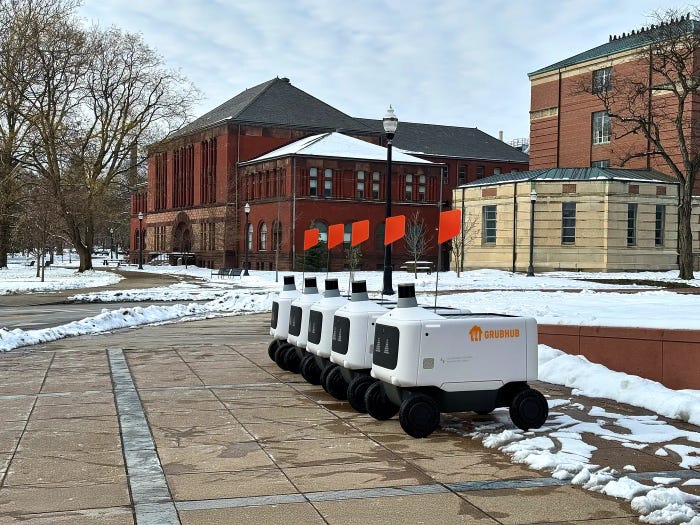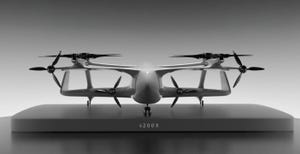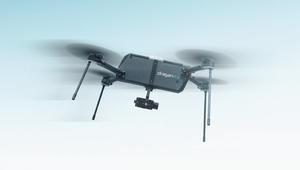BMW Expands Self-Driving Technology Across Its FactoriesBMW Expands Self-Driving Technology Across Its Factories
Expansion of BMW's self-driving project aims to optimize factory logistics and drive greater operational efficiency

BMW has confirmed that more cars are set to drive around its factories autonomously as part of the manufacturing process.
The company initially launched a pilot in 2022 at its huge Dingolfing plant in Bavaria aimed at improving efficiencies by removing the need for drivers at certain points of production.
Now the Automated Driving In-Plant pilot – Automatisiertes Fahren im Werk in German, or AFW for short – has been successfully concluded and received CE (Conformité Européenne) certification for adhering to safety standard, BMW is set to introduce the idea into series production.
Explaining the move, Milan Nedeljković, a BMW board member responsible for production said: “Automated Driving In-Plant optimizes our production process and delivers significant efficiency gains for our logistics. That is why we will be swiftly rolling out this technology throughout our production network.”
At Dingolfing, BMW 5 Series and 7 Series models have driven themselves, at very low speeds, from the facility’s assembly halls, through what is described as “a short test course” to the finishing area – a route of a little more than half a mile.
The autonomous functionality is facilitated by the extensive use of lidar sensors on the route – creating what is claimed to be the largest lidar infrastructure in Europe – plus a digital twin of the environment and an external movement planner. The vehicles’ automation is controlled within this extensive system, which operates via the cloud.
Encouraged by the success of the Dingolfing project, this technology is also now in use at a second plant in Leipzig – in eastern Germany – where other BMW models and the MINI Countryman are already driving autonomously.
In due course, Leipzig will use AFW for around 90% of the BMW and MINI models produced there, while other plants such as Regenbsurg – also in Bavaria – and the MINI facility in Oxford, in the U.K., will follow suit. A new site in Debrecen, Hungary, will also implement the tech from the outset of production.
Further development of the AFW process is planned, too, with BMW promising its usage can be extended to outdoor distribution areas, for example. It also claims the increased use of on-board tech will further support the external sensors in the longer term.
Whether this low-speed process in a closed environment can have a significant impact on BMW’s autonomous driving efforts in the wider world remains to be seen, but Nedeljković struck an optimistic tone, saying: “Over the next 10 years, we will log several million test kilometres with Automated Driving In-Plant in our production network alone.
“In this way, the BMW Group is once again setting a new benchmark for automation and digitalization of its production processes – while paving the way for future applications in the field of autonomous driving.”
About the Author
You May Also Like


.jpg?width=700&auto=webp&quality=80&disable=upscale)
.jpg?width=700&auto=webp&quality=80&disable=upscale)

.jpg?width=300&auto=webp&quality=80&disable=upscale)


